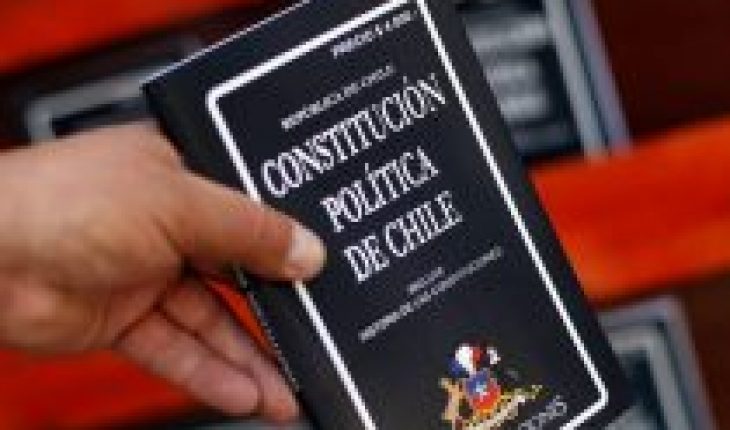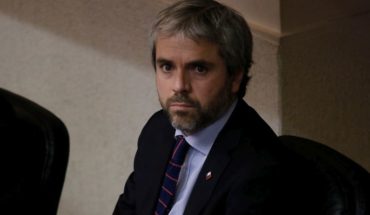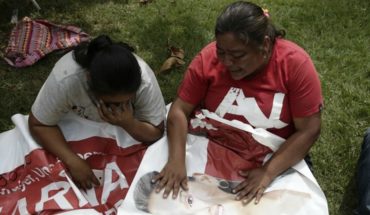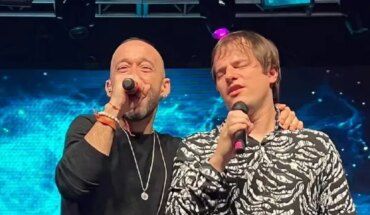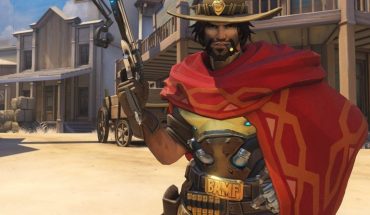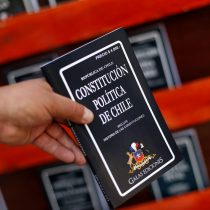
In personal and collective lives we drag pains caused by wounds that time usually heals. However, there are times when they do not heal, leading to dramas that affect coexistence. In Chile there are two examples of stories that have caused enormous damage and that explain, and sometimes help to understand, the violence unleashed in recent decades.
The first began 500 years ago when Europeans discovered America and moved south to what is now Chile. Installed in the sixteenth century in La Araucanía, they began a bloody war against their first settlers, whose resistance is an example of courage. Almost a century of struggle ended with a policy of agreements that reassured the Wallmapu. The region prospered and contributed significantly to sustaining the economy of what was then called the Kingdom of Chile. Everything was going well, in the memory there were traces of the wounds, but softened by time, until in the mid-nineteenth century the history of the sixteenth century was repeated again. This time it was the Chilean State that undertook a crusade to end, according to those who led it, with barbarism, embodied in a people, the Mapuche People, which prevented the progress of the country. Animals of prey were called and their extermination was proclaimed for the good of humanity. The violence, accompanied by injustices, abuses and discriminations, revived the wounds and, even more, aggravated them in the following decades because the injustices, abuses and discriminations did not end. The wounds are deep, lacerating, driving a violence that we all condemn, but whose origin not everyone knows.
The second story starts in the 1970s. A project of society driven by workers who believed they could change history crashed with the interests of other groups in a contest that led to one of the saddest episodes in our history. The violation of human rights and the extinction of the Social Welfare State caused enormous damage that generated other wounds that continue to fester and mark the tensions that divide us today.
This seems to be a never-ending tale. As long as we do not change our attitude and impose respect, recognition and repair the damages caused with justice, we are condemned to continue living in the conditions that we have appreciated in recent years. Dialogue seems to be the best alternative. On that we agree; however, I believe that we must first begin a healing process. Today, more than ever, we need therapists who heal a society sick with anger, who teach us to understand the feelings of the other, to banish injustices, to correctly interpret what is happening and bring us closer to humility to strengthen wills in a Chile that requires a sincere dialogue. I am sure that today’s young people are ready to start it.
The new Constitution could be the starting point, as long as we let the members of the Constitutional Convention work calmly, without interference or inconsequential accusations. It is not about installing them in limbo. By the way, they are exposed to contingency, but it should not disturb their work. Moreover, when the time comes, the proposal they make will be submitted to public consultation. As one of the conventional constituents pointed out, despite the progress made, they have not been able to overcome the advertising siege. This is, perhaps, one of the many challenges that lay ahead. And in this, as Juan Pablo Cárdenas recalled, the media has a great responsibility.
Jorge Pinto Rodríguez, Ta Iñ Pewam Institute, Catholic University of Temuco
The content expressed in this opinion column is the sole responsibility of its author, and does not necessarily reflect the editorial line or position of El Mostrador.

